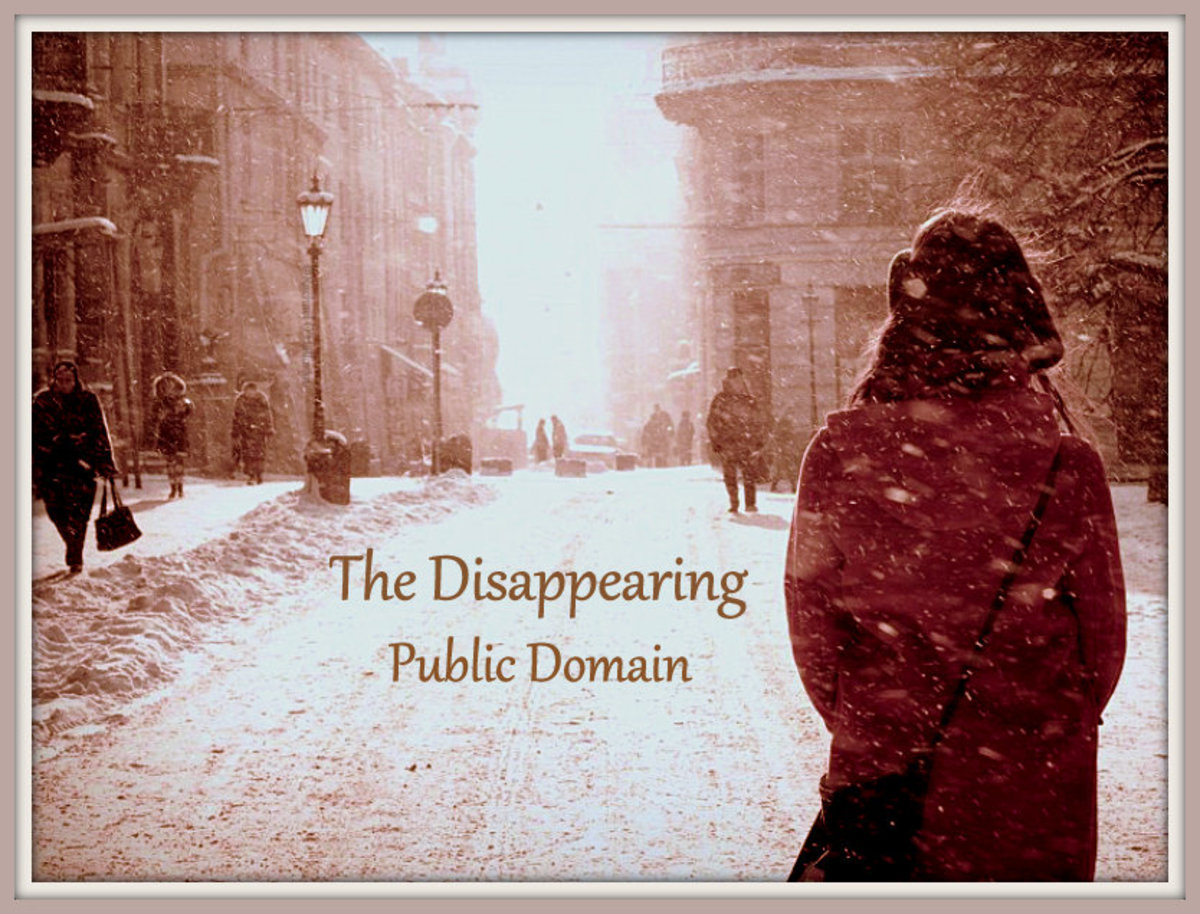Miranda Rights: To Read or Not to Read

Though the Supreme Court guidelines states that reading the Miranda warning or Miranda rights is only applicable for individuals under custody and or interrogation, it has become common knowledge and is expected that the law enforcers while still on the process of arresting or putting an individual on arrest is required to Mirandized the individual. Though law enforcers are aware of this protocol, most of them wanted to be ‘better of safe than sorry’ so to speak.
This action prompted the general public to believe that it is standard operating procedure for law enforcer to read the Miranda rights when making arrests. This is further exacerbated by mass media particularly on television and film wherein law enforcers such as the police, CSIs, or FBIs are characterized to be reading the Miranda rights when placing a person under arrest which of course further reestablishing the notion of the public that it is indeed standard operating procedure. Another possible scenario is that, there may be some law enforcers who, like the general public believed that reading the Miranda rights to an individual being arrested is part of the protocol. Particularly in cases wherein the person in question is someone who is believed to have committed a grave offense. This way, there are fewer loopholes that the defendant’s attorney could utilize. However, this attitude or mentality of being safe creates inconsistency among the practice of enforcing the law and thus further fueling the debate on reading or not reading the Miranda Rights at the point of the arrest.
Verbose Miranda Warning
- You have the right to remain silent and refuse to answer questions. Do you understand?
- Anything you do say may be used against you in a court of law. Do you understand?
- You have the right to consult an attorney before speaking to the police and to have an attorney present during questioning now or in the future. Do you understand?
- If you cannot afford an attorney, one will be appointed for you before any questioning if you wish. Do you understand?
- If you decide to answer questions now without an attorney present you will still have the right to stop answering at any time until you talk to an attorney. Do you understand?
- Knowing and understanding your rights as I have explained them to you, are you willing to answer my questions without an attorney present?
Following Protocols
It is through these assumptions that I believe that an individual should not be Mirandized at the point of arrest. For one, though this is a harmless practice and that it is in fact beneficent to inform a person being placed on arrest of his rights--particularly the part that an attorney could be appointed to him if he cannot afford one, it creates inconsistency on the practice of making an arrest. Law enforcers, regardless of which state they may be, should be uniformed in practicing the correct protocol when making an arrest. Consistency is vital when enforcing the law because when people find inconsistencies—even in such a small manner as in the process of making an arrest, they begin to question the credibility of a law enforcing unit as to their knowledge about the law. The worst case scenario is that the people under their jurisdiction lose confidence in their law enforcers because of minor inconsistency that could be made worse by a single highly-publicized arrest.
Secondly, as law enforcers, they must abide by the law. And the law states that reading the Miranda rights is only applicable to individuals placed under custody and interrogation. Law enforcers are called as such because they are the ones who enforce the law. How could they be efficient in what they do if they themselves cannot comply or refuse to comply with the Supreme Court ruling?
To be efficient in anything, one must follow the rules to the dot. Though reading the Miranda rights at the point of arrest seemed to be a harmless practice, I do not agree with it and actually propose that this practice be addressed. Any deviation from implementing the law must be addressed to stop creating further confusion either among the law enforcers themselves or among the people they serve. Also, being consistent in putting the law into practice lessens confusion among the public thus, making the law enforcers more efficient in doing what they do—protecting people.









